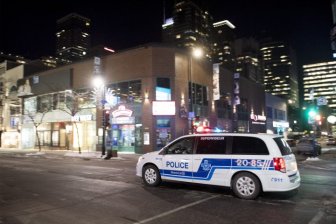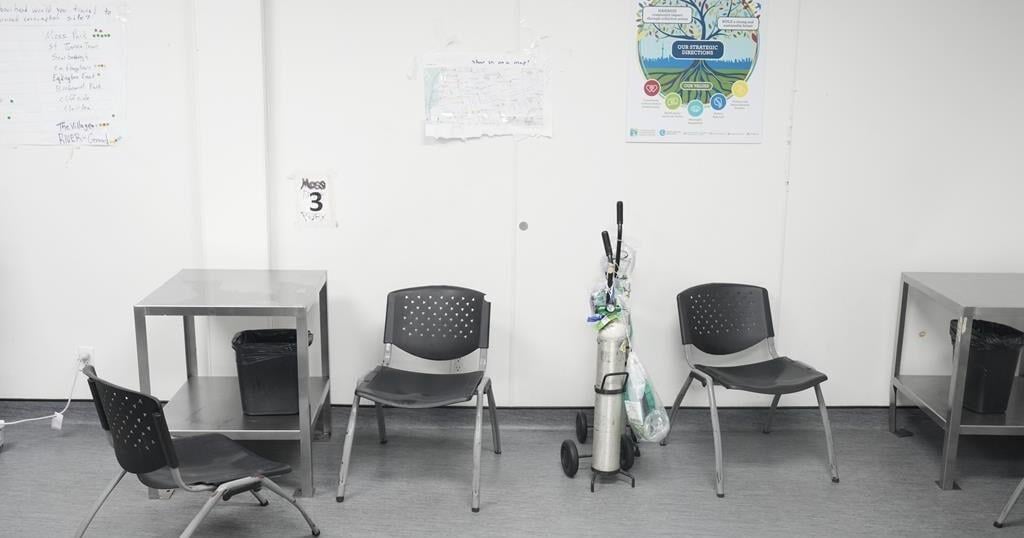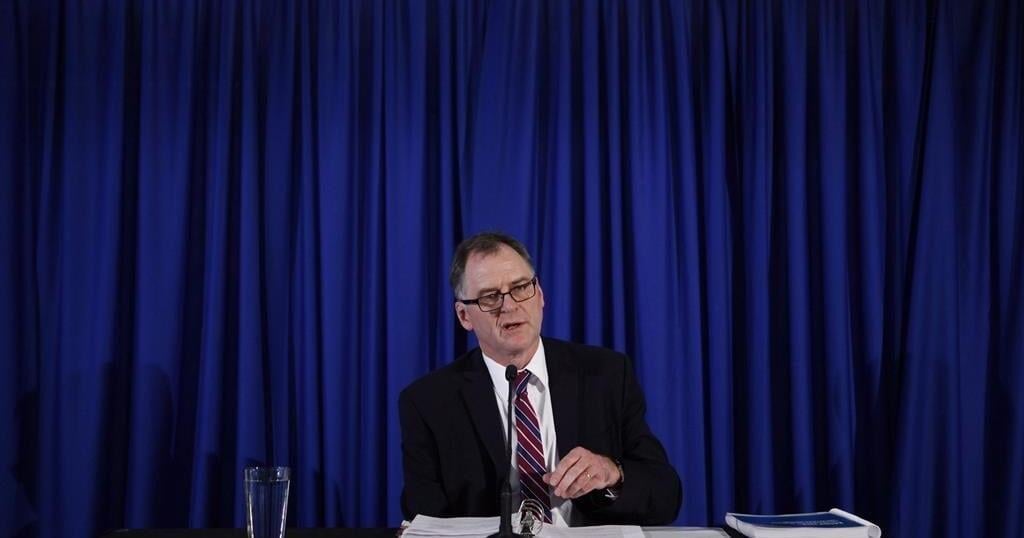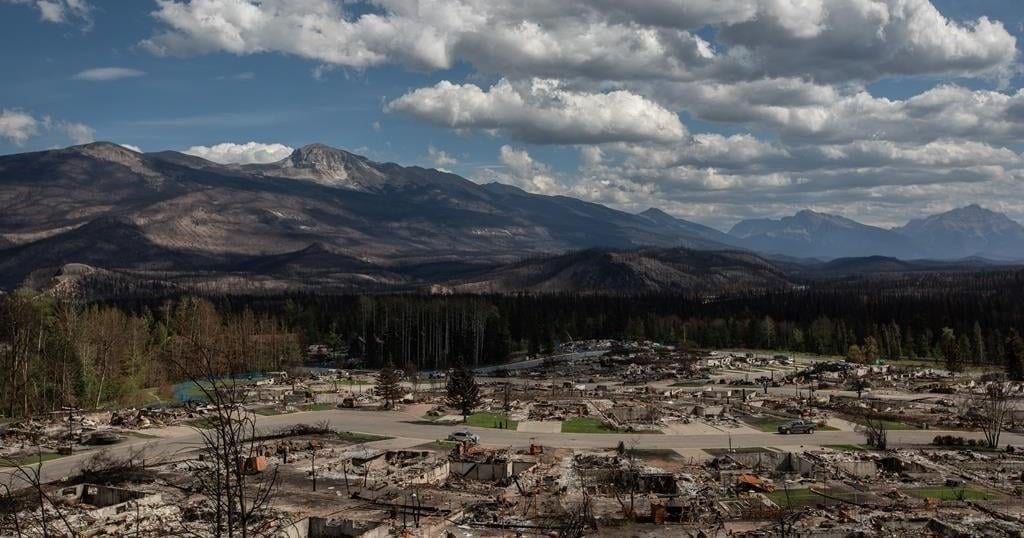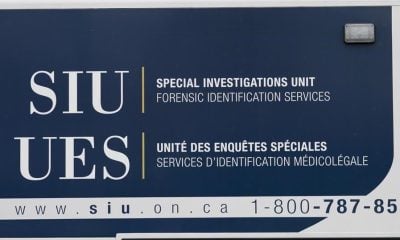TORONTO – Faith leaders are calling on Ontario Premier Doug Ford to reverse course on his decision to close 10 supervised consumption sites across the province.
A number of religious organizations came to Queen’s Park on Tuesday and said they were hopeful they could reach Ford’s “humanity.”
Last month, Health Minister Sylvia Jones outlined a fundamental shift in the province’s approach to the overdose crisis, largely driven by opioids such as fentanyl.
Ontario will shutter the 10 sites because they’re too close to schools and daycares, and the government will prohibit any new ones from opening as it moves to an abstinence-based treatment model.
Health workers, advocates and users of the sites have warned of a spike in deaths when the sites close, which is slated for March 31, 2025.
Until then, the faith leaders say they plan to pressure Ford for change.
“I’m hoping that, perhaps, if facts and figures and science and data have all failed, perhaps we have a chance to reach his humanity, perhaps we have an opportunity to try once again to convince him that we are talking about human beings who will die,” said Rev. Maggie Helwig of the Church of St. Stephen-in-the-Fields.
The faith organizations all work closely, in one form or another, with those addicted to drugs. The sites slated for closure have said they have reversed thousands of overdoses over the past few years.
“We believe that those who are visiting the sites are the folks who have the least resources, the highest need and the least access to privacy and care,” said Bishop Andrew Asbil of the Anglican Diocese of Toronto.
“We believe that the sites are in the right place, which means that they are often in places of deprivation and desolation and sometimes that also includes high crime rates.”
Rabbi Aaron Flanzraich of Beth Sholom Synagogue said the province’s decision should not be ideological.
“This is not an issue of where you stand,” he said.
“It’s an issue of where you sit, because if there are people in your family who you sit with at a table who suffer from this blight, from this struggle, you know that most importantly there should be a clear and supportive policy that makes it understandable that people are seen as human beings.”
Opioids began to take a hold in Ontario in 2015 with the rise of illicit fentanyl. Opioid toxicity deaths surged during the COVID-19 pandemic and hit a peak mortality rate of 19.3 deaths per 100,000 people in 2021, data from the Office of the Chief Coroner shows. That year 2,858 people died from opioids, the vast majority of which contained fentanyl.
The mortality rate dropped to 17.5 deaths per 100,000 people, or 2,593 people, last year, but remains more than 50 per cent higher than in 2019.
The Ford government introduced the consumption and treatment services model in 2018. At that time, the province put in place a cap of 21 such sites in the province, but has only funded 17.
Ford recently called his government’s approach a “failed policy.”
The province said it will launch 19 new “homelessness and addiction recovery treatment hubs” plus 375 highly supportive housing units at a cost of $378 million.
Jones has said no one will die as a result of the closures and Ford has said advocates should be grateful for the new model.
The government is not going to reverse course, Jones’s office said.
“Communities, parents, and families across Ontario have made it clear that the presence of drug consumption sites near schools and daycares is leading to serious safety problems,” Hannah Jensen, a spokeswoman for Jones, wrote in a statement Tuesday.
“We agree. That’s why our government is taking action to keep communities safe, while supporting the recovery of those struggling with opioid addiction.”
The health minister is encouraging existing sites to apply for the new model so long as they do away with both supervised consumption spaces and a needle exchange program.
This report by The Canadian Press was first published Sept. 17, 2024.


